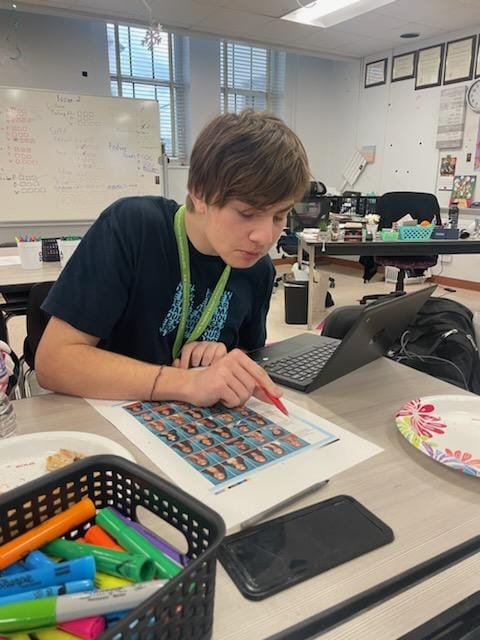Benjamin Seelig is a senior at Alexander W. Dreyfoos School of the Arts, majoring in communications. He is currently part of the Marquee yearbook staff. During the 2023-2026 school years, he was involved in various activities and projects related to communications including the yearbook and writing alumni stories for the school's foundation.
Marquee Yearbook Staff
2023-2026
Alexander W. Dreyfoos School of the Arts
2022-2026


Senior Communications Major
Communications Major
2022-2026
Projects
Benjamin Seelig has worked on various creative and newsworthy projects during his time at the Alexander W. Dreyfoos School of the Arts. These projects include writing news, features, and poetry.


Editing, Leadership, and Teambuilding
Ben participates in the sharing of story ideas that will make the yearbook fresh.



Contact Me
2022-2026 © Benjamin Seelig
ben.seelig@gmail.com
Contact
